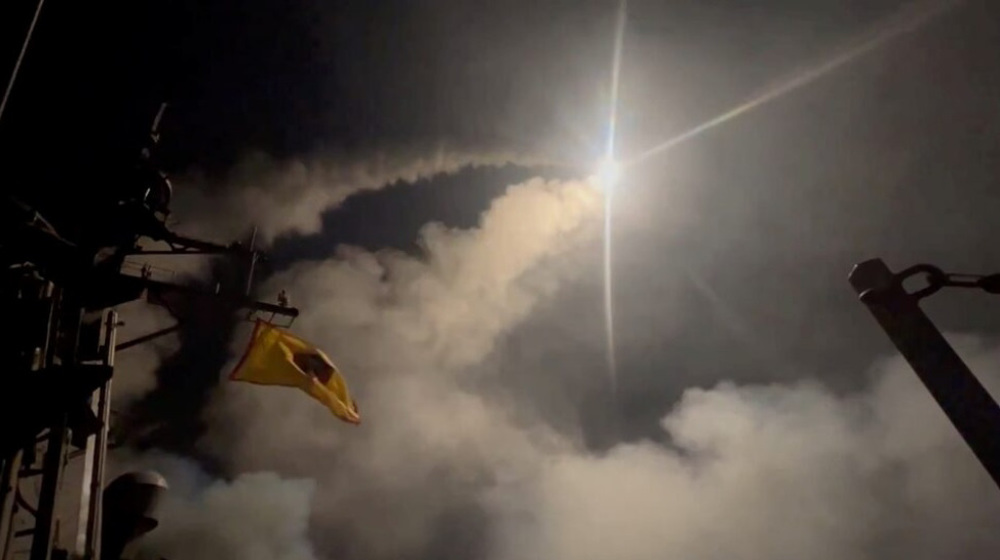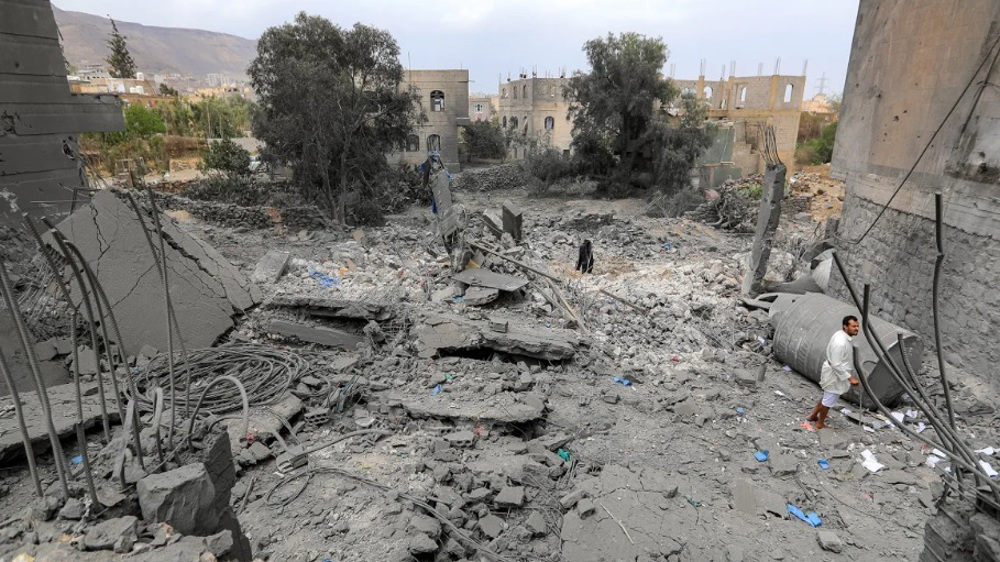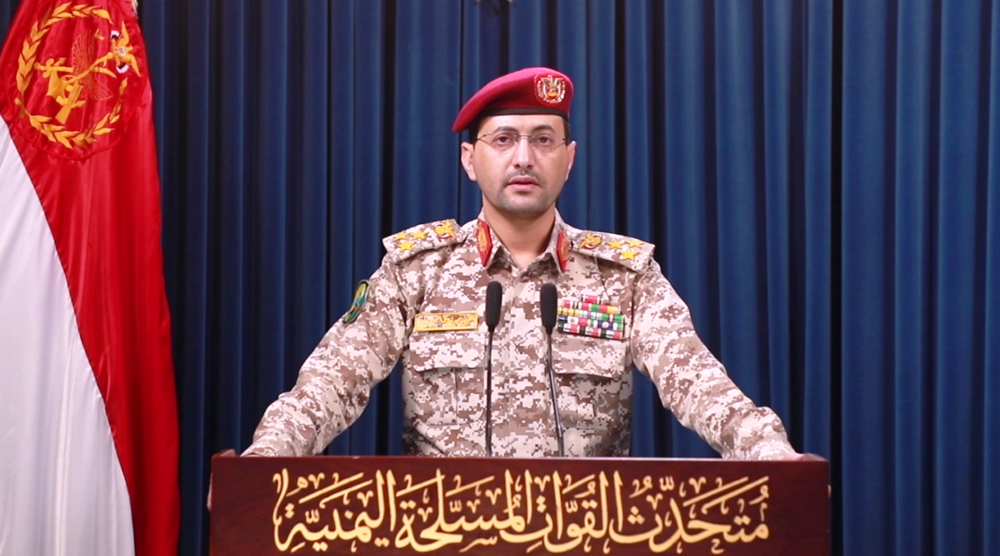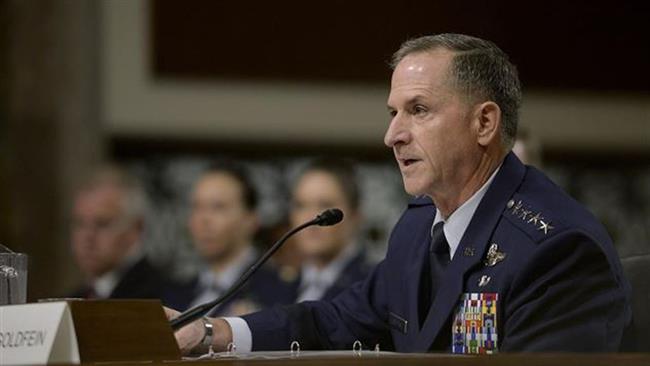US military considers expanded use of cyber, space weapons against ISIL
US military chiefs are prepared to give incoming President Donald Trump the option to intensify the fight against the Daesh (ISIL) terrorist group, including the possibility of using secret cyber-warfare and space weapons, according to the US Air Force chief of staff.
"We’ve heard him [Trump] loud and clear that he’s going to be looking for options,” General David Goldfein told USA TODAY on Tuesday.
Goldfein said the recommendations may focus on allowing commanders more flexibility to deploy an array of weapons against the terrorists, who are waging a terror campaign beyond their bases in Syria and Iraq.
“If we want to be more agile then the reality is we are going to have to push decision authority down to some lower levels in certain areas,” Goldfein said during a trip to the Grand Forks Air Force Base in December. “The big question that we’ve got to wrestle with … is the authorities to operate in cyber and space.”
Cyber and space capabilities are among the Pentagon’s most closely held secrets, and their use now generally requires approval at the highest levels of the US Defense Department.
In February, US Defense Secretary Ashton Carter said the military was using cyber tools to disrupt Daesh's ability to operate and communicate over the virtual battlefield.
During his campaign, Trump said if he was elected, he would give military commanders one month to come up with a plan for completely defeating Daesh.
US President Barack Obama’s strategy has centered on avoiding ground forces and using airstrikes in Iraq and Syria to combat Daesh. But the US-led coalition has been accused of targeting Syrian forces at times while its airstrikes have done little to stop Daesh.
Daesh terrorists, who were among the militants initially trained by the CIA in Jordan in 2012 to destabilize the Syrian government, now control parts of Iraq and Syria.
Analysts say it is unlikely Trump would approve the deployment of large numbers of US conventional ground forces in the Middle East or expand the bombings, despite his get-tough rhetoric during the presidential campaign.

US airstrikes target key educational, training center in Yemen

US military launches new strikes on Yemen's capital, other provinces

Retaliation rages on: Yemen targets US aircraft carrier in Red Sea with missiles, drones
Iran condemns terror attack in southeast that killed 8 Pakistani nationals
Deir al-Balah massacre: Israeli airstrikes killed 6 brothers at once
Iran currency surges on positive news from Iran-US talks
VIDEO | Spain’s Seville hosts concert in solidarity with Palestinians
VIDEO | Press TV's news headlines
Saudi Arabia, US to sign agreement on civil nuclear program: Energy secretary
Many wounded civilians die under Gaza rubble due to lack of equipment: Civil Defense
'Ugliest form of genocide': Palestine condemns Israel's attack on Gaza hospital












 This makes it easy to access the Press TV website
This makes it easy to access the Press TV website